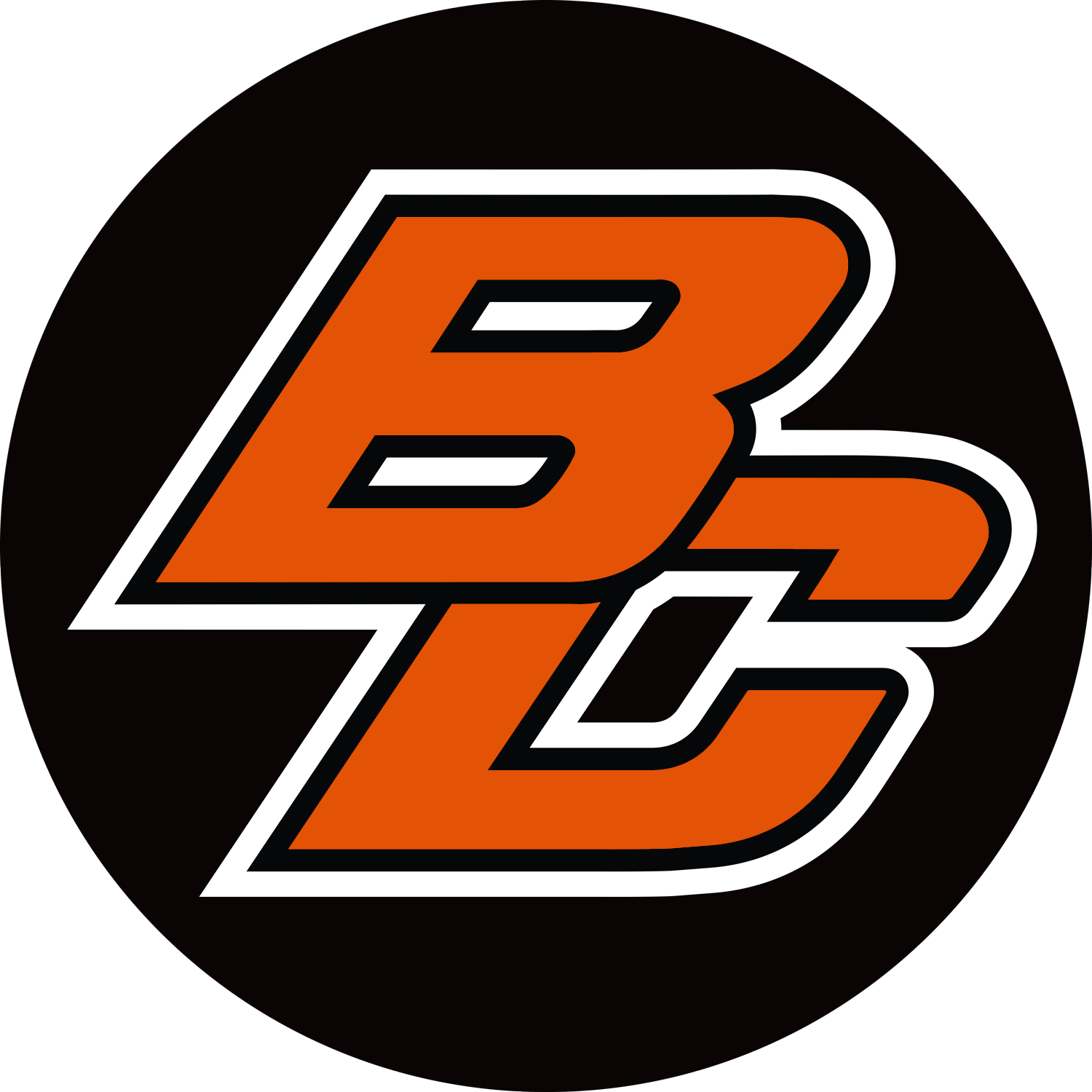Academics
Academic Philosophy
At Nickels Intermediate, students begin to transition from the elementary level to the secondary level in just two short years. Our teachers pride themselves in their ability to prepare students for the rigor, independence, and responsibility required to be successful at the secondary level.
We are pleased to offer four exploratories at Nickels Intermediate. At the fifth grade level, we offer general music, art, STEM (science and math, project-based course), and physical education. At the sixth grade level, we offer art, STEM, and physical education. In addition, we offer students the choice between choir, band, or orchestra. Students who qualify will also be eligible to participate in advanced math (pre-algebra) in sixth grade.
Orchestra
Students have the opportunity to begin a stringed instrument in sixth grade. Students will begin the year playing by route as our primary focus will be on posture and developing our inner hearing. As the year progresses, students will begin dividing into distinct sections of instruments, and the orchestra as a whole may be playing two, three, or even four different parts simultaneously. While not every part can play the melody all of the time, all of the parts are indispensable in making beautiful music together.
Students will be learning to play music that is in tune and that sounds good with every other member of the orchestra. They will be learning to play faster and slower; louder and softer, and with multiple bowing styles. Students in sixth grade orchestra will be proud of the many new skills they have mastered, and they will feel prepared to play more advanced music in middle school.
STEM
BrainQuest is an exploratory class which offers all students project-based learning opportunities that parallel and support our current standards in science and math. Learning opportunities that are relevant, collaborative and thought provoking will be implemented through scientific and engineering practices. Students meet twice a week for 45 minutes for one semester.
Students will:
- Ask questions and define problems
- Develop and use models
- Plan and carry out investigations
- Analyze and interpret data
- Use mathematics and computational thinking
- Construct explanations and design solutions






